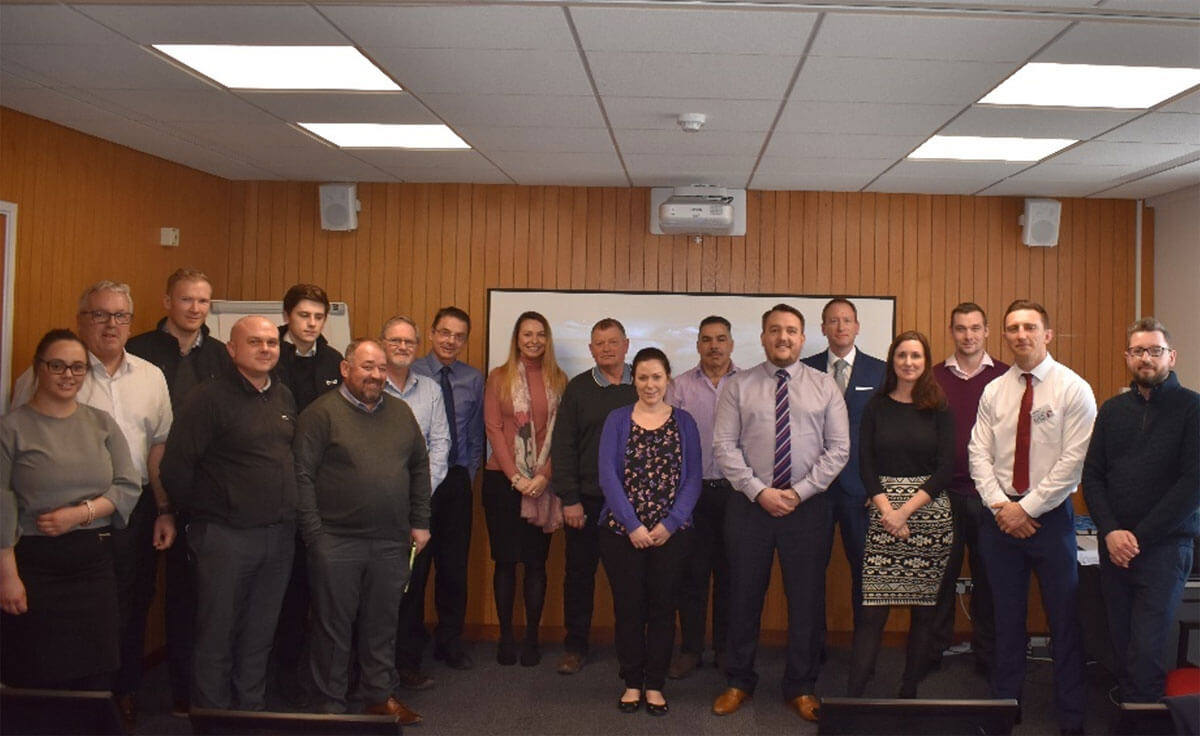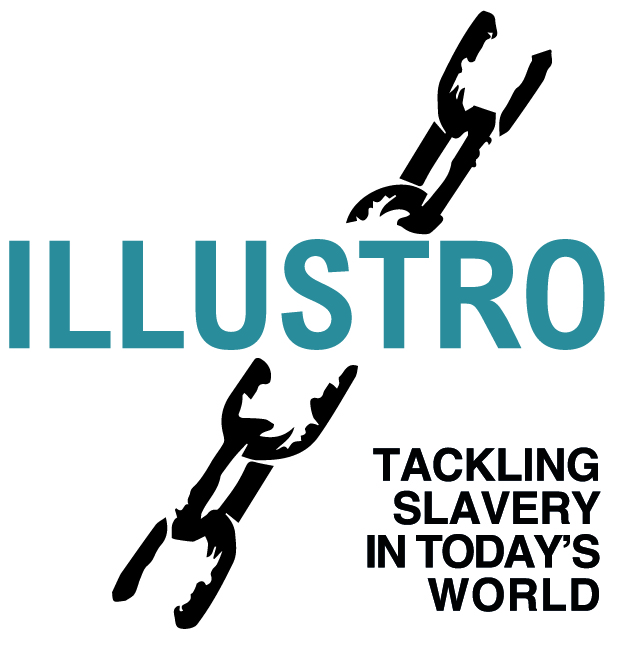Business
Modern day slavery can be found in the food we eat, the clothes we wear and the products we buy.
Businesses face new and growing expectations that production will comply with social and human rights criteria. Consumers are becoming more socially conscious with their purchasing decisions and therefore forced labour and human trafficking for the purpose of forced labour are becoming increasingly important issues for businesses.
The United Nations Guiding Principles on Business and Human Rights offers companies guidance on key themes for labour and human rights and are highly relevant to trafficking and forced labour.
In 2015 the Modern Slavery Act came into effect in the UK. Section 54 of The Act requires every business which supplies goods or services, and carries on a business or part of a business in the UK with a total annual turnover of £36m or more to produce a statement of the steps a business has taken during the financial year to ensure that slavery and human trafficking is not occurring in their supply chains and in their own business. It is has now become known as the Transparency in Supply Chains clause (TISC).
Similar reporting legislation has existed in the US since the California Transparency in Supply Chains Act 2010, and more recently in Australia with Australian Modern Slavery Act 2018.
The Act further recommends that companies publish details regarding the training that is available to staff. However, most employees are not even aware of what modern slavery is and therefore lack the knowledge and tools for preventing, identifying and eradicating slavery from within their business and supply chain.
How can we help?
We understand that in order to find the problem, you need to know what you’re looking for in the first place.
Our training courses are designed for businesses to understand what modern slavery is, how to identify it and how to practically reduce its presence within their own business and supply chains. Each course builds knowledge step-by-step and is tailored to the roles and needs of the trainees.
We offer role-specific courses for businesses that are constantly updated to reflect the most up to date information based on the latest research from across the world.
Our courses ensure trainees:
- Understand what is meant by modern slavery and human trafficking
- Understand national and global patterns of forced labour and modern slavery
- Identify the recruitment methods used by traffickers and how they control victims
- Identify risks of modern slavery within their business and supply chains and anticipate future trends
- Develop and implement control measures to mitigate risks of modern slavery in the supply chain
- Identify and respond to forced labour in their business and supply chains
- Identify and revise gaps in existing policies
- Develop a Modern Slavery Statement to promote company ethical values and increase brand strength.

Brymor Construction Limited
“The trainer’s knowledge, as well as the business relevance and overall enjoyment of the course was excellent. 10/10.” Site Manager, Brymor Construction Ltd.
